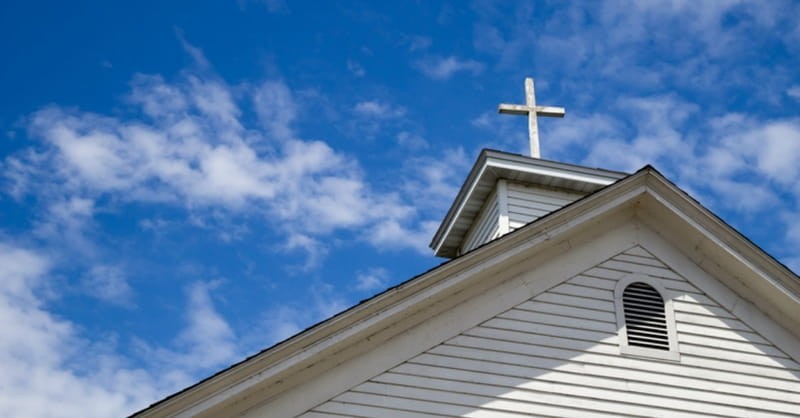- Religious leaders in Nakuru have opposed a parliamentary bill seeking to regulate and tax churches, arguing it unfairly targets religious institutions.
- They also urge neutrality in political conflicts and condemn Nakuru County’s land tax increase, citing economic strain on local communities.
- They call for President Ruto to reject the bill.
Religious leaders in Nakuru County, under the coalition of Nakuru Pentecostal Bishops, have voiced strong opposition to a Bill tabled in Parliament aiming to regulate and tax religious institutions across the country.
Speaking to journalists in Nakuru on September 23, 2024, the bishops argued that churches serve communities by providing support and services rather than operating as profit-making entities. They expressed concerns that the proposed legislation could tarnish President William Ruto's image if passed, as it would be perceived as an unjust attack on the church. The religious leaders noted that neither the public nor religious leaders had been consulted in drafting the Bill.
The Bill follows the 2023 arrest of Paul Mackenzie, a controversial preacher from Good News International Church, whose religious practices led to multiple deaths in the Shakahola forest. While authorities cite the Bill as a necessary response to such incidents, the bishops insist it unfairly targets all religious organizations instead of focusing on isolated cases.
Meanwhile, amid the rising political tension surrounding Deputy President Rigathi Gachagua, Nakuru religious leaders have called for the church to remain neutral. The Pentecostal bishops emphasized that the church should not be dragged into political conflicts that threaten to divide the nation.
“We are aware of the frequent manipulation by politicians who use people for their own gains, only to abandon them afterward,” said Bishop Abraham Gitu, adding that the church must stand firm and resist any political entanglements.
In addition, religious leaders criticized Nakuru County’s recent move to raise land taxes, describing it as oppressive. They argued that the increase would place an undue burden on the very voters who put the current government in office, further straining the already struggling local economy.












